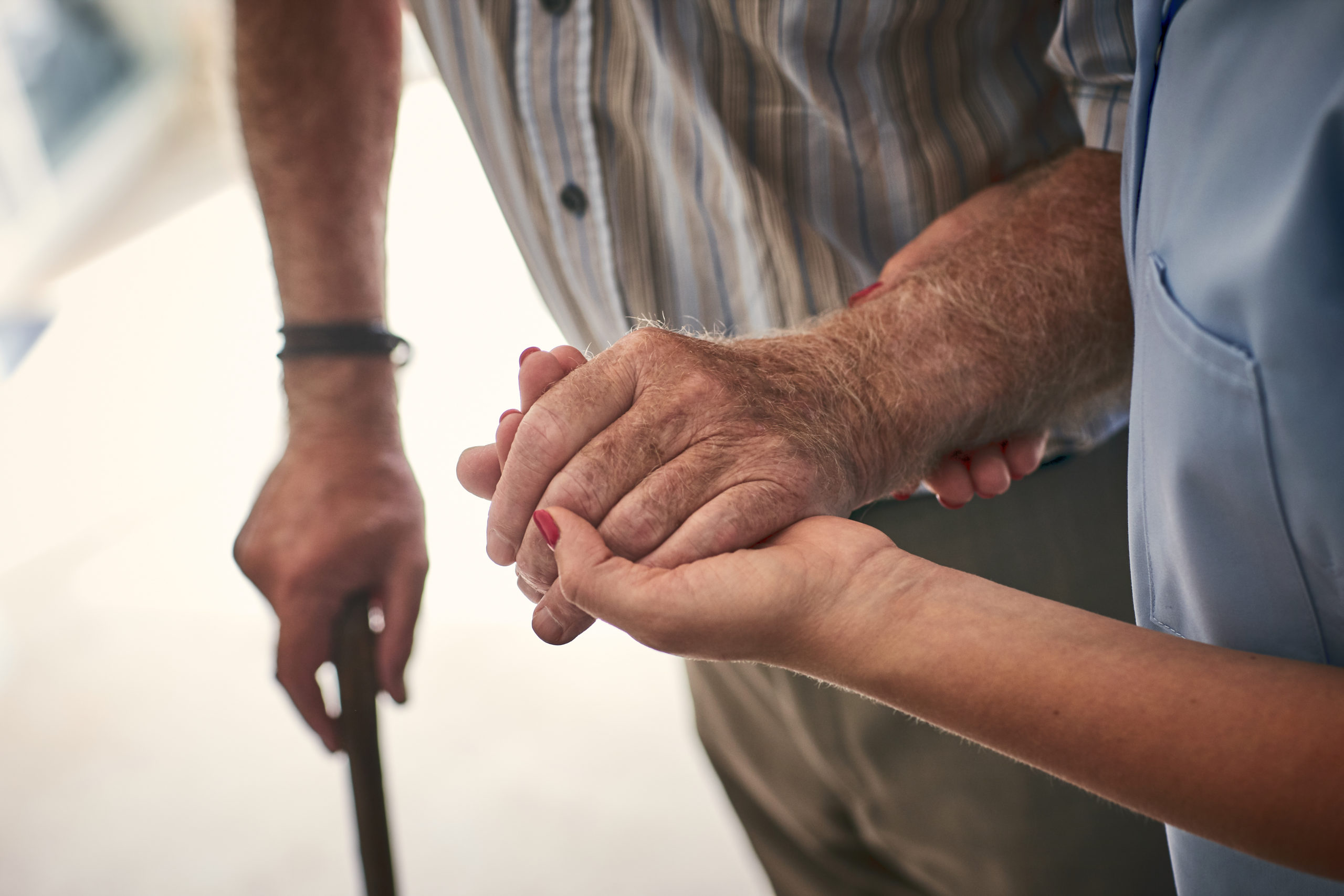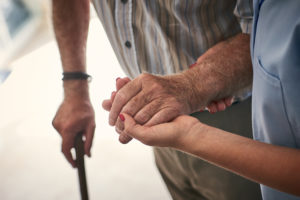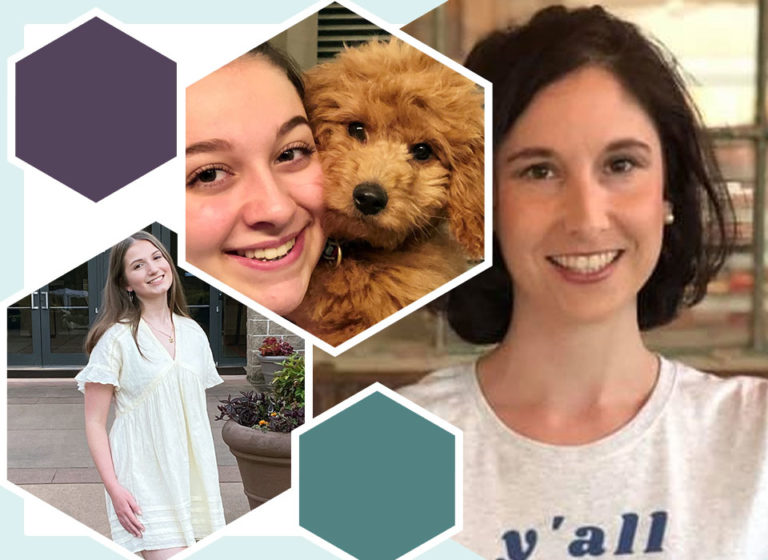
Rachel Binderman and Rebecca Kann, Strong Women Fellows, co-authored this article originally published in VOXATL.
Food brings people together — families, friends, and strangers alike. Food brings together communities from all backgrounds and has the ability to bond people over a home-cooked dish. Some of our fondest memories are around meals, and food engages some of our strongest senses: smell, and taste.
For Rachel, food has always been a huge part of her family and Jewish identity. For as long as she can remember, her family sat around our dinner table every Friday night, sang the prayers, lit the candles, and ate Mom’s delicious challah. As she got older, this tradition became less frequent until COVID hit. If you ask her mom, that was the upside to COVID, having the whole family home every Friday night. Since last March they have had dinner together every Friday night. As teenagers, we often would rather hang out with our friends on Friday nights, but her family’s weekly Friday night dinners allow us to spend one special night together.
We continued to have these conversations about our family’s traditions when Julia Levy spoke with JumpSpark’s Strong Women Fellowship this spring. By day, Julia Levy leads internal communications at a startup, and pursues her side projects passions at night. She co-founded a podcast with her father called Peach and Prosperity, which discusses stories around economics, and cultural and historical stories about the Atlanta area. Julia recently spoke at TedXEmory about her various projects and how she manages to keep up with her passions, including Tradition Kitchens which she began with her mother, making kitchens into a learning space around Judaism and other cultures.
During the meeting, Julia and her Kitchen Ambassadors — Ruby, Brianna, and Lauren — talked about their experiences with the community that has been built through Tradition Kitchens. Tradition Kitchens’ classes originally took place in people’s homes throughout the Atlanta area. However, due to the pandemic, that all changed. Tradition Kitchens now has online classes you can stream or watch the recordings. They also go farther than just discussing food; they talk about the significance around the food and the history behind it. For example, for Black History month, Karon, a friend of Julia’s, made fried chicken tenders with biscuits while talking about restaurants with stories from the Civil Rights Movement. The best thing about the program is that it is volunteer-based, so anybody is able to partake as either a student ready to learn more about different cuisines or as a teacher sharing your favorite recipes. Food is a way for people to bond and gives people the opportunity to learn more about other cultures. In cities such as Atlanta there is a wide variety of people that eat different foods. There is a great opportunity for learning and laughter at Tradition Kitchens.
Rachel Binderman is an 11th grader at The Weber School, and Rebecca Kann is an 11th grader at Pace Academy. Both are Peer Leaders for JumpSpark’s Strong Women Fellowship.
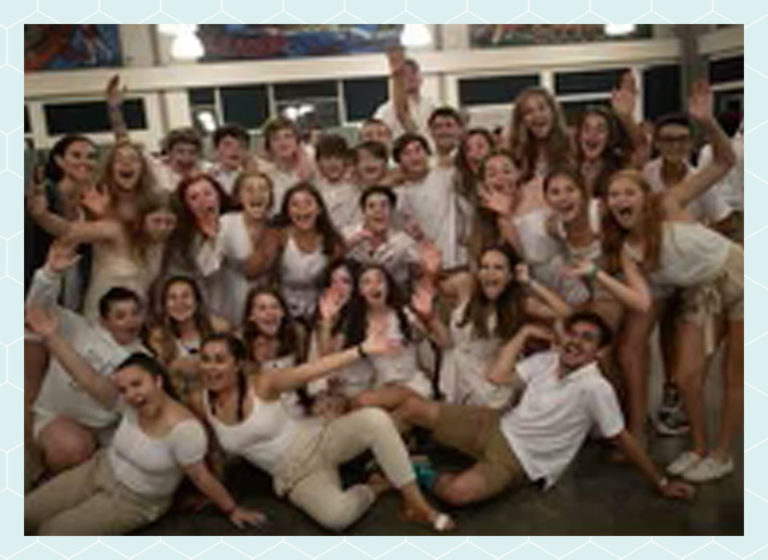
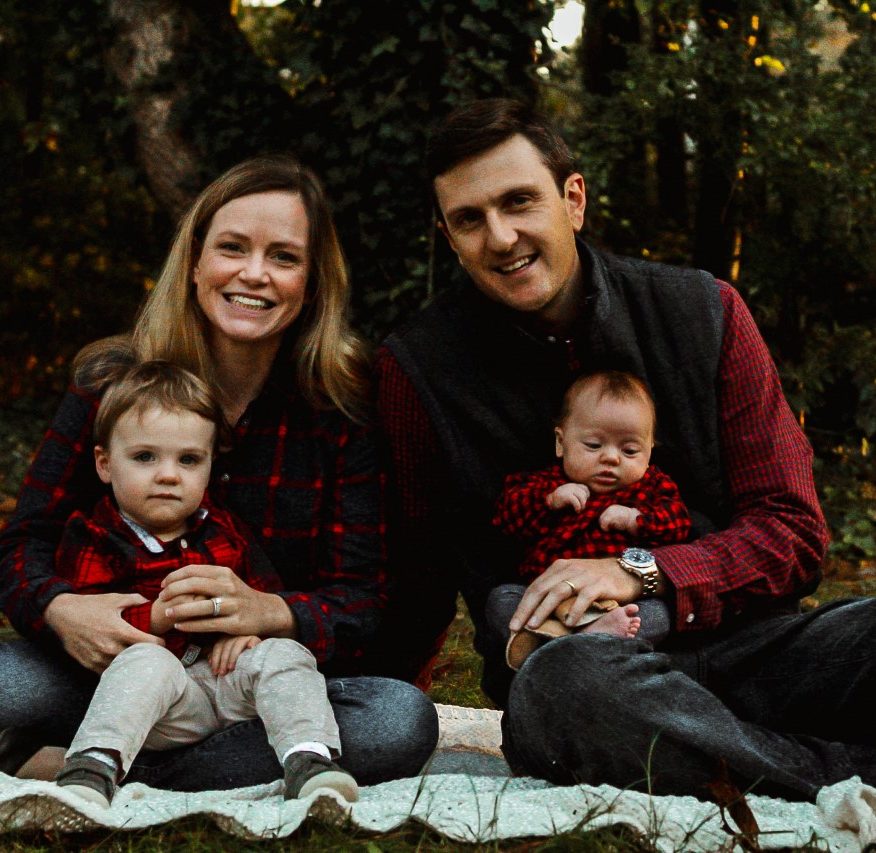
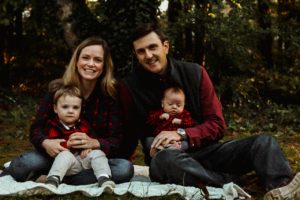 The Blessings of Our Fertility Journey
The Blessings of Our Fertility Journey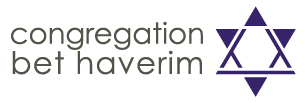



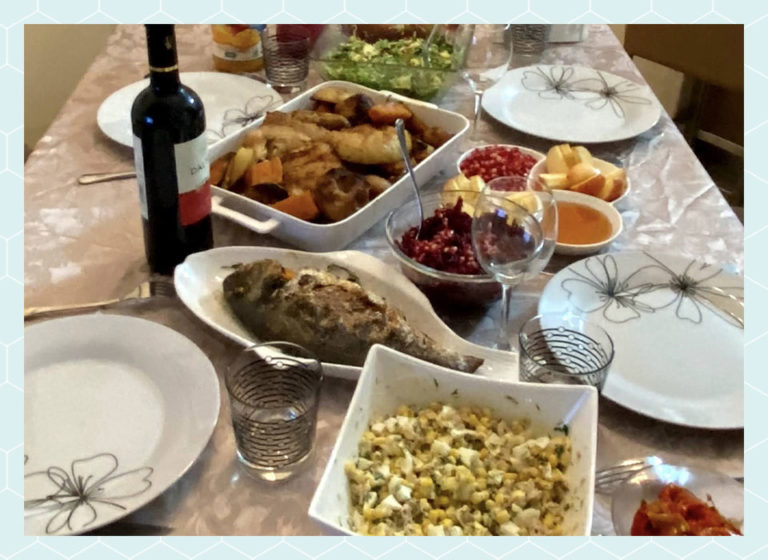
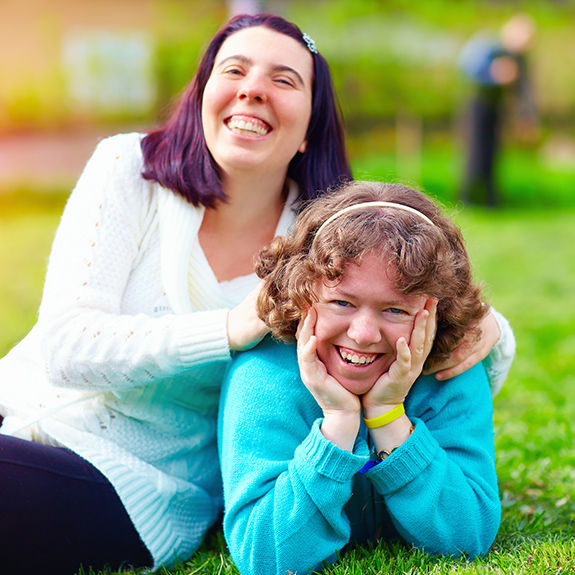
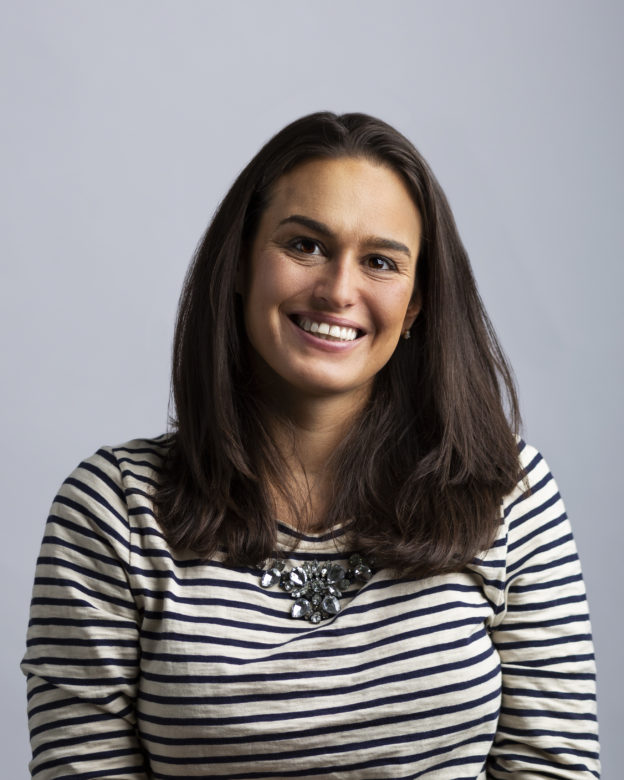

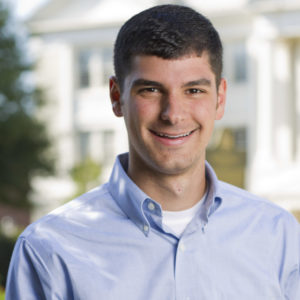 Jonathan Arogeti always heard his parents and grandparents say that giving back to the community was a central family value. “They told us, you have three options with money — spend it, save it, or give it away. And they believed by far that giving it away, if you are able, was the very highest value. During this time in my life, I’m doing all I can to encourage my peers to get involved in philanthropic giving. It’s our generation’s time to build on and sustain this incredible Atlanta community.”
Jonathan Arogeti always heard his parents and grandparents say that giving back to the community was a central family value. “They told us, you have three options with money — spend it, save it, or give it away. And they believed by far that giving it away, if you are able, was the very highest value. During this time in my life, I’m doing all I can to encourage my peers to get involved in philanthropic giving. It’s our generation’s time to build on and sustain this incredible Atlanta community.”